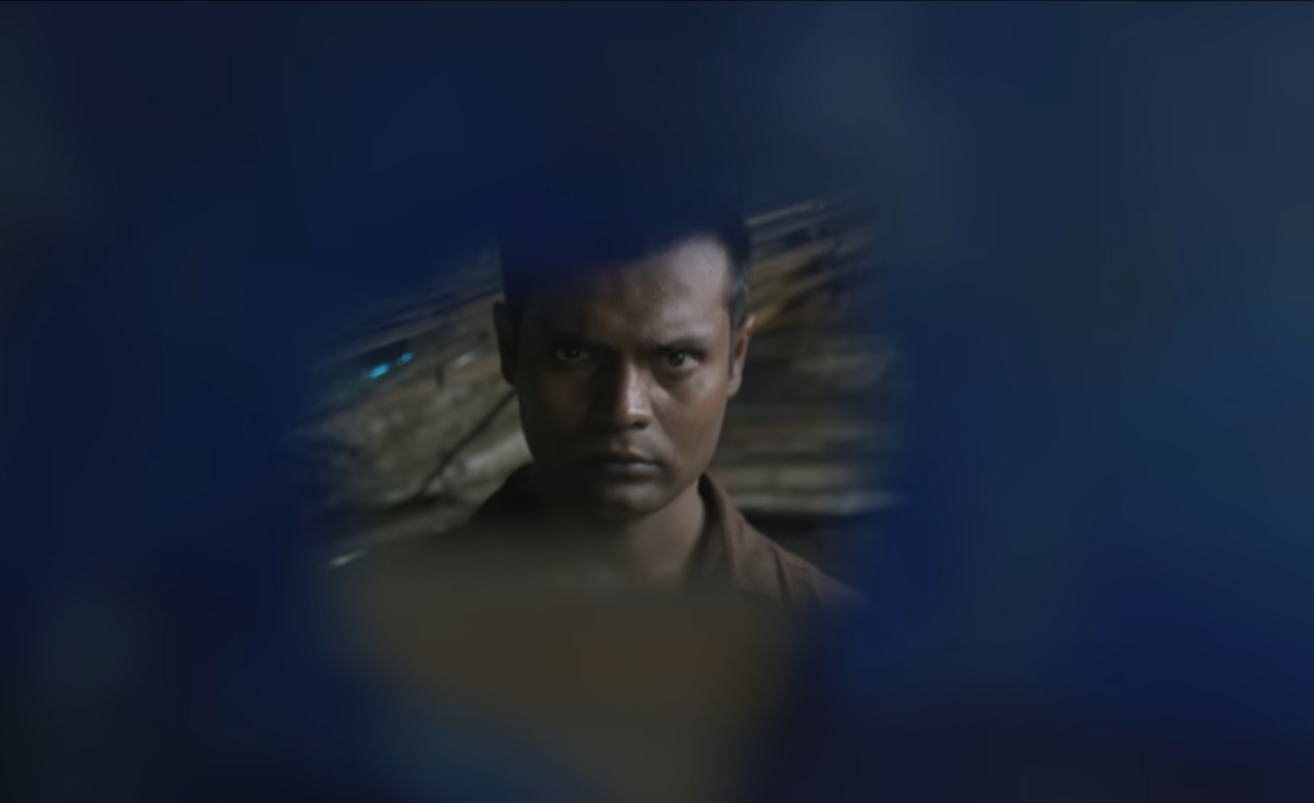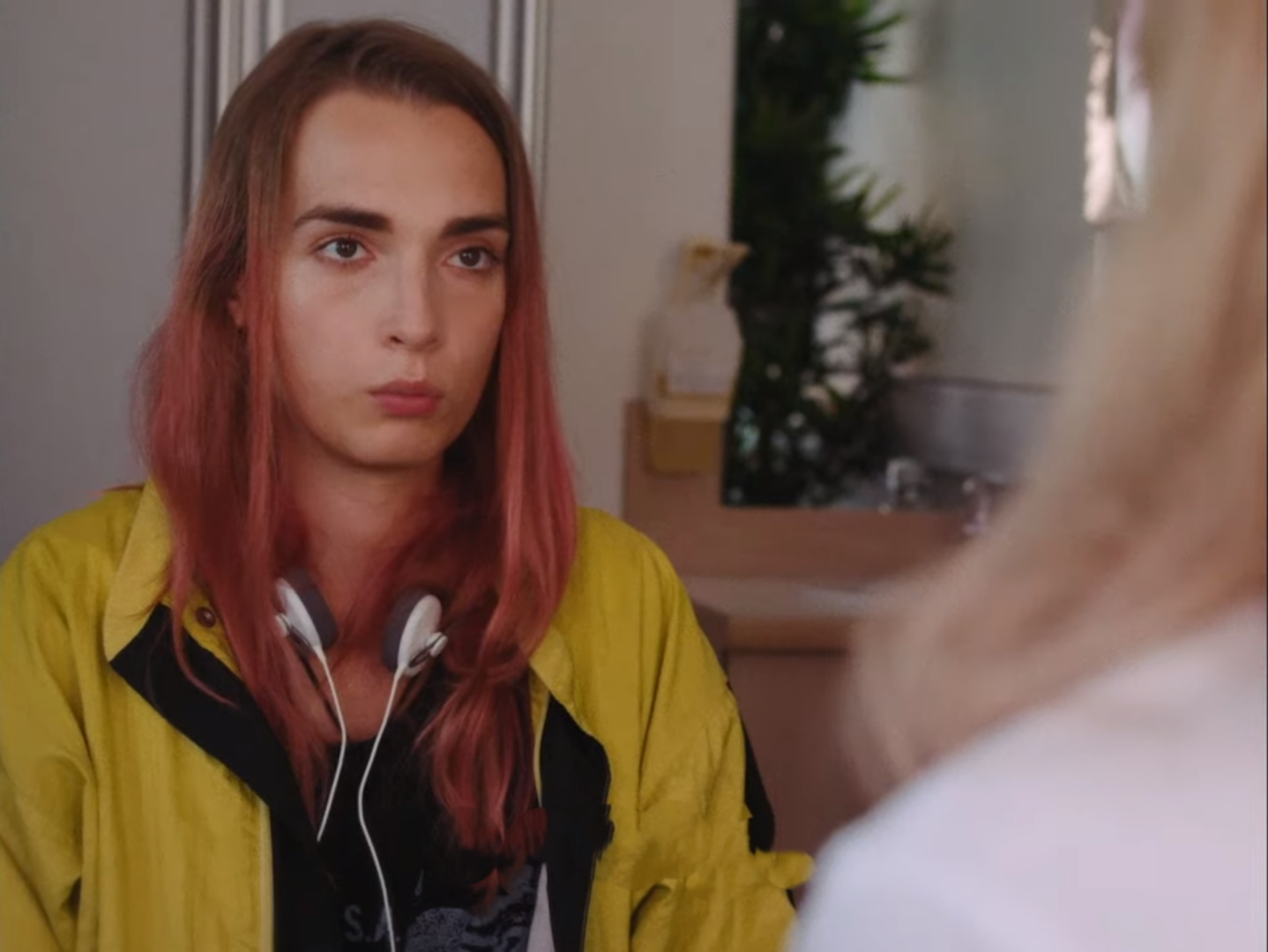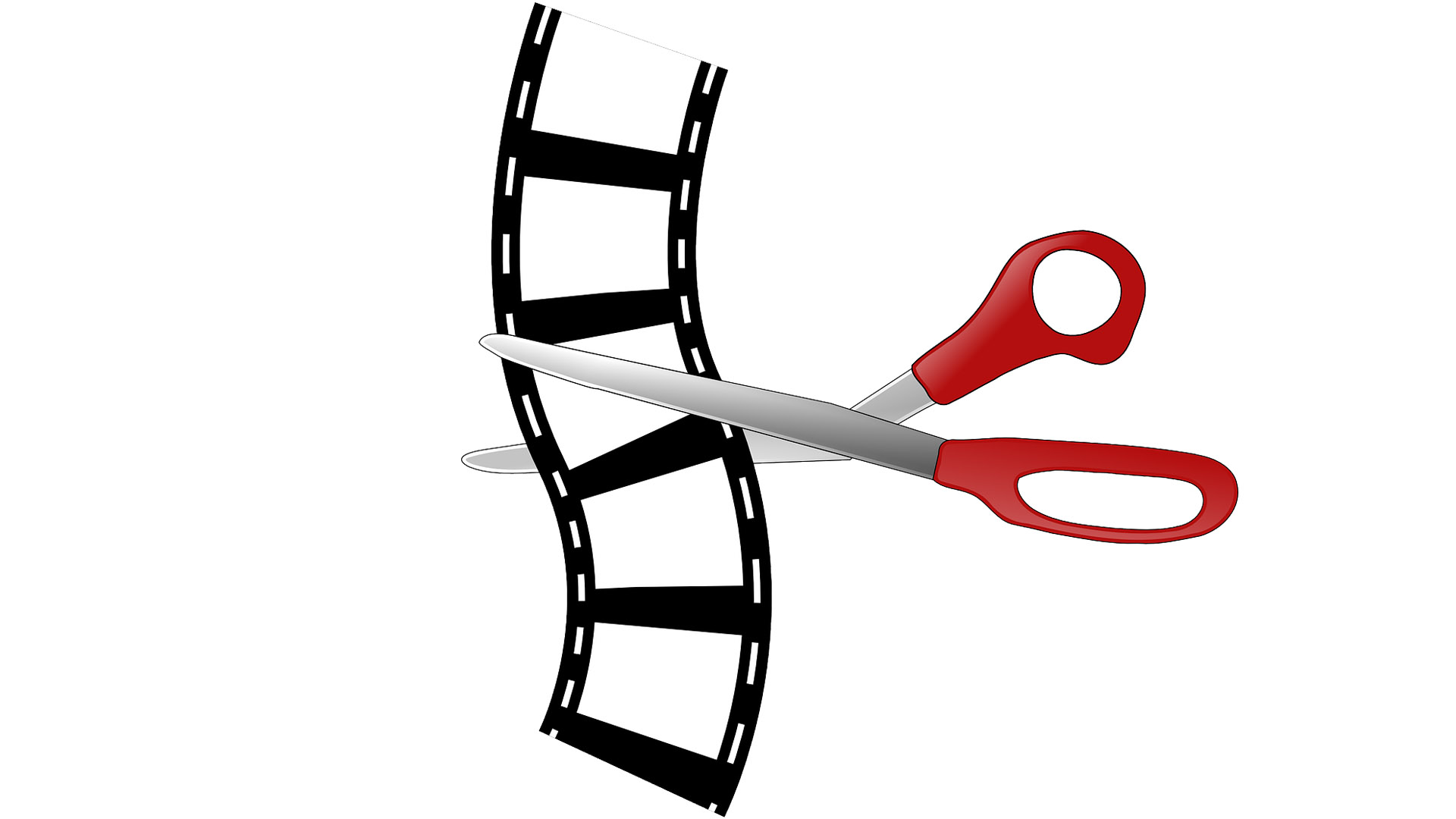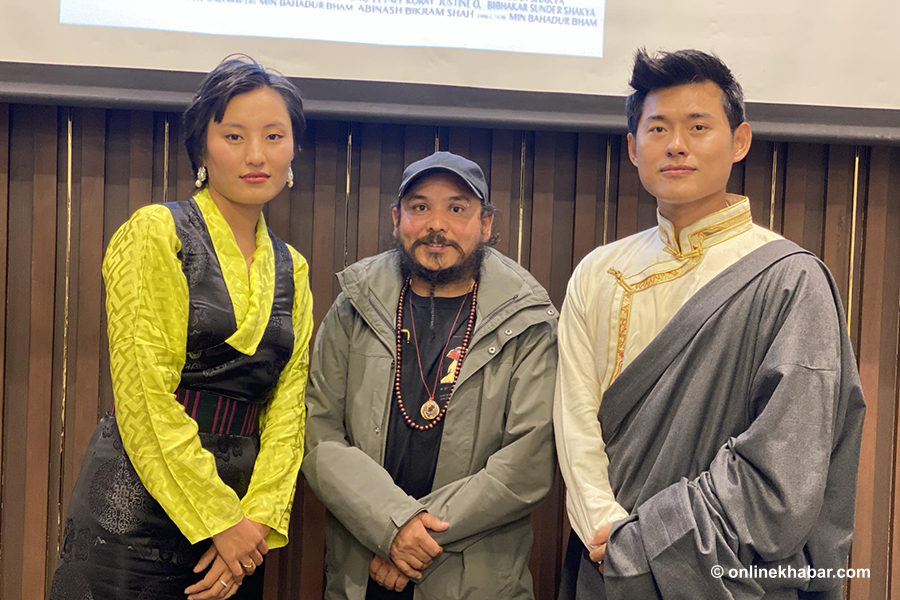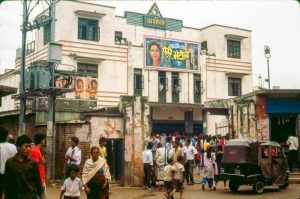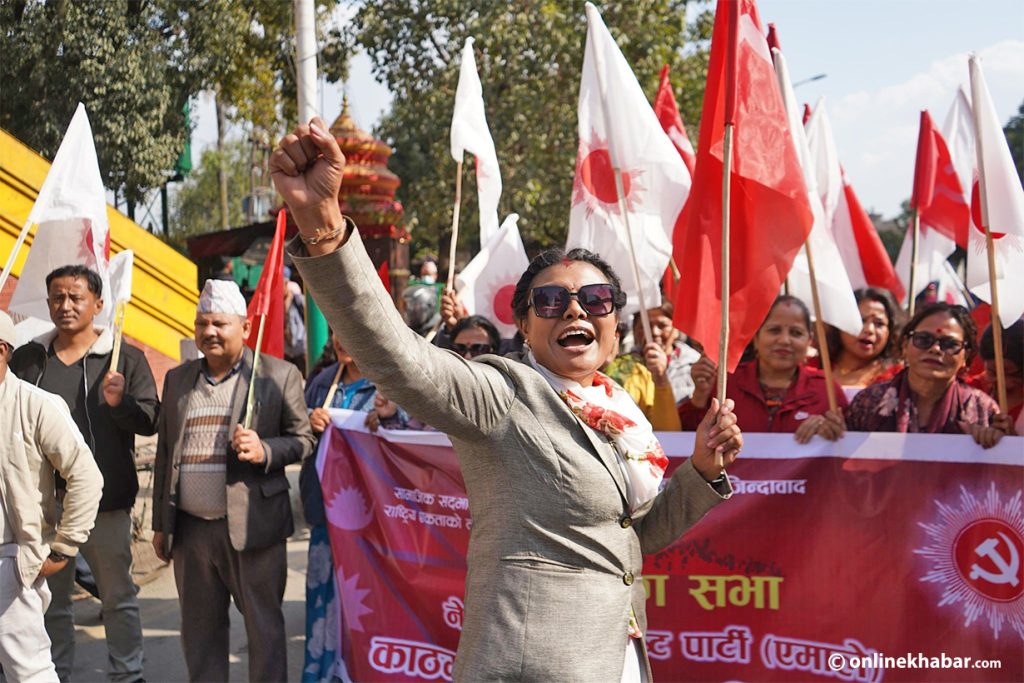
Because Kabaddi is an established ‘brand’ in Nepali film industry and Dashain festival is just around the corner, the third work of the series, Kabaddi Kabaddi Kabaddi, is likely to attract an exciting footfall. Besides, the experienced actors have acted well to make the audience laugh, healthily, that is to say without producing an artless caricature of someone’s voice and appearance and without using double-meaning vulgar jokes. However, for the critical viewers, the story looks a bit formulaic and predictable, which has put the team’s brand image at stake.
The comic tonic
In recent years, the Nepali cinema industry has been flooded with comedy movies, but more than half of such movies are rubbish. Only a few of them will quench your thirst for ‘healthy’ entertainment. The use of sexual jokes–including those about sexual organs, sexual relations and the idea of sexuality in general–to make people laugh is on the rise, and it is arguably not healthy for the industry’s future. Kabaddi Kabaddi Kabaddi strives to end that trend and it is somehow successful.
Like his previous productions, writer and director Ram Babu Gurung and his script partner Upendra Subba have presented the story in a semi-rural setting where people are in transition. While a host of problems from unemployment to caste differences have affected the society, the movie shows how its members have continued to pursue their aspirations. And, it is the director’s art to wrap them in a comic presentation without deviating from established norms and values of the society.

The movie uses small incidents to make the audience laugh. For example, when his father (Puskar Gurung) shouts at our hero, Bir Kaji (Daya Hang Rai), saying he ‘cannot even break a stick’ [Nepalis idiomatically refer people’s failure to do something useful to their failure to break a stick], the hero brings a stick and breaks it immediately. In fact, the entire characterisation of Bir Kaji is comic. Just have a look at his ‘principle’ about love and marriage and how he reacts when the heroine (Upasana Singh Thakuri) hugs him for the first time.
Bir Kaji’s longtime pal, Birkhe (Bijaya Baral)’s role is essential in the movie and his impact rests on his ability to make people laugh. When the audience first hears his conversation with Bir Kaji in the opening scene, they begin laughing; he says ‘lines of luck’ on his palm have faded away just because he used the palm excessively to prepare a tobacco powder. He continues to give witty statements about his life’s concerns until the movie ends. His and Rai’s contributions to the movie’s overall performance are almost equal.
Another key character, Dhwanse (Karma) is also comic throughout the movie. Though merrymaking elements are apparently absent in the lead female character, Kashi (Thakuri), her parents, Maotse Gurung and Loonibha Tuladhar, fill the gap. Established comic actors Wilson Bikram Rai and Buddhi Tamang contribute to the plot from the periphery.
Cliched story
But again, a comedy being decent and healthy is not enough for a comic movie to be desirable. It requires a moving story that effectively connects all the incidents in a sequence and makes all the jokes meaningful. Kabaddi Kabaddi Kabaddi has such a story, but it is not original and creative.

While a well-crafted movie should gradually reveal the dynamics, this movie tells everything in the first half; by the intermission, the readers can rightly predict what they will see in the second half and how the movie will end. The second half does not add any new dimension in the story, except that Bir Kaji’s ‘missing’ girlfriend Maiya (Rishma Gurung) returns to give a surprising end to the movie.
Like hundreds of Nepali love stories and social dramas produced before it, this movie keeps at its centre the idea that parents impose their own wishes on their daughters as far as their marriage is concerned. Like dozens of other films, this movie also establishes a love triangle (or a quadrangle, more precisely) where there is a woman at centre. While such quadrangles are not realistic, one is included in the Kabaddi story because it adds to the complexity of the plot, hoping it would keep the readers hooked. However, critical viewers examine the movie’s effectiveness on the basis of its proximity to reality rather than its invented complexity.
On the other hand, keeping a woman at the centre and making three or four men running after her is a patriarchal idea that subtly considers her to be an object that every man wants to possess. Nepali moviegoers have watched two men fighting for a girl too much and they are no more interested to watch it again and again, not only in a love story but in a movie that is supposed to be a comedy or a social drama too.
Impressive acting
So if you are not going to watch this movie for a story, you should watch it for acting. Not only popular Daya Hang Rai, but emerging Thakuri and Baral have given an impressive performance in the project.

Rai, as always, pleases the audience with his casual look and natural expressions. As you watch the movie, you forget that the person on the screen is not an actor who has trained himself in the business over the years; you rather think that he is an unemployed, lovesick, carefree village man who wants to live a better life.
In comparison to her previous role in Captain, Thakuri has improved a lot. In the movie, she is put in different emotional situations, but she skillfully and realistically reflects them in her facial expression, gesture and dialogues. Considering the way he balances happy and sad expressions and the way he communicates through his eyes and body language, Baral deserves a better, more significant role in the next show.
Karma is okay in his role, but at times he looks immature and artificial. Puskar Gurung has done justice to his role. Maotse Gurung and Loonibha Tuladhar appear too loud many times. Wilson Bikram Rai and Buddhi Tamang are average. The role given to Tamang is not necessary for the plot, but it is not his fault. If he had been given a more serious role, he could have done it better.
Verdict
Director Ram Babu Gurung’s Kabaddi team has successfully continued its legacy of blending comedy, love and social issues into one story set in a semi-rural transitional setting. But, this movie has shown that the team needs to be more creative and critical about the contents it produces so as to avoid unhealthy ‘formula filming’.
—
Kabaddi Kabaddi Kabaddi
Genre: Comedy, social drama
Runtime: 115 minutes
Director: Ram Babu Gurung
Screenwriters: Ram Babu Gurung/Upendra Subba
Cast: Dayahang Rai, Upasana Singh Thakuri, Rishma Gurung, Karma, Wilson Bikram Rai, Buddhi Tamang, Bijaya Baral, Puskar Gurung, Kabita Ale, Maotse Gurung, Loonibha Tuladhar, Kamal Mani Nepal
3/5






